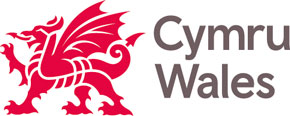Vi Maris Award 2019
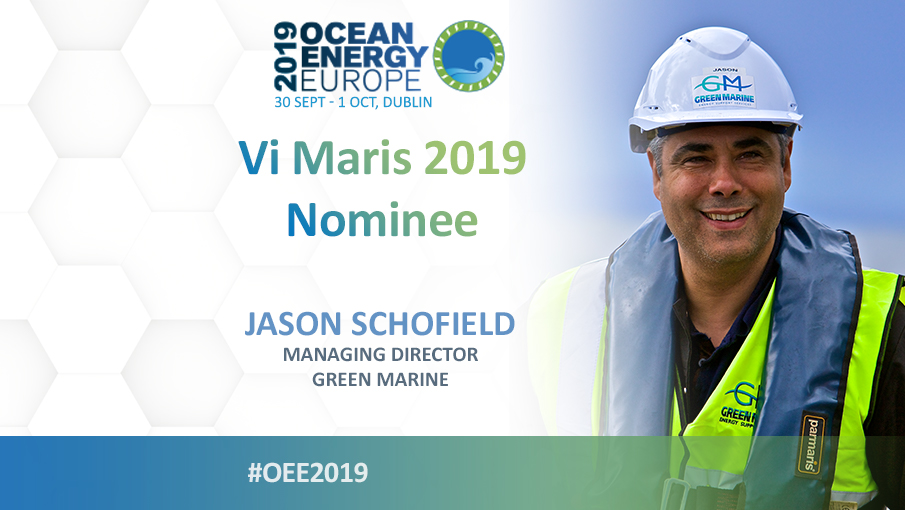
Jason Schofield
Jason took the prescience and bold decision to shift his business from traditional fishing to marine renewable services. In doing so he has created a compelling vision of what the future ocean energy supply chain will look like.
The first jobs were undertaken with existing fishing boats, but over the years a fleet of vessels has been assembled to support ocean energy operations. Since then Green Marine have supported many well-known ocean energy deployments, including MeyGen, SME, CorPower, Umbra and Orbital.
Green Marine are keeping operations and investments in their locality. A recent 7-figure investment is being used to set up new headquarters in the old police offices in the town of Stromness.
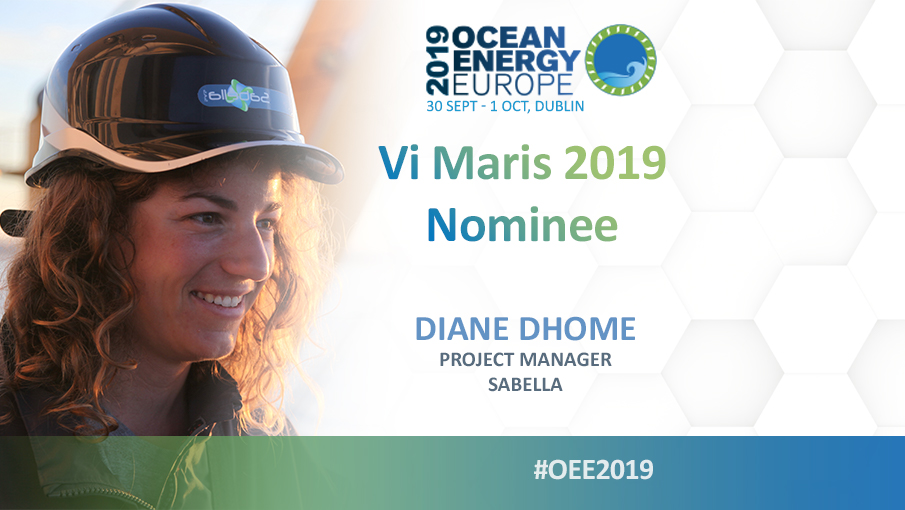
Diane Dhomé
Diane Dhomé is responsible for Sabella’s cornerstone project – the redeployment of the D10 turbine. This is a key flagship project not only for Sabella, but for the whole tidal sector in France.
The D10 was successfully re-connected in late 2018, and powered the French island of Ouessant. On average, the turbine provided 15% of the island’s energy needs, increasing up to 50% when required. Sabella are building on this island experience. Their PHARES project will integrate 2 new tidal turbines with wind, solar and storage to significantly decarbonise Ouessant.
Sabella’s deployments will be key to rebuilding confidence in tidal in France – the 2nd largest market in Europe. Last year Sabella was awarded the ‘Excellence’ label by Bpifrance – France’s national investment bank.
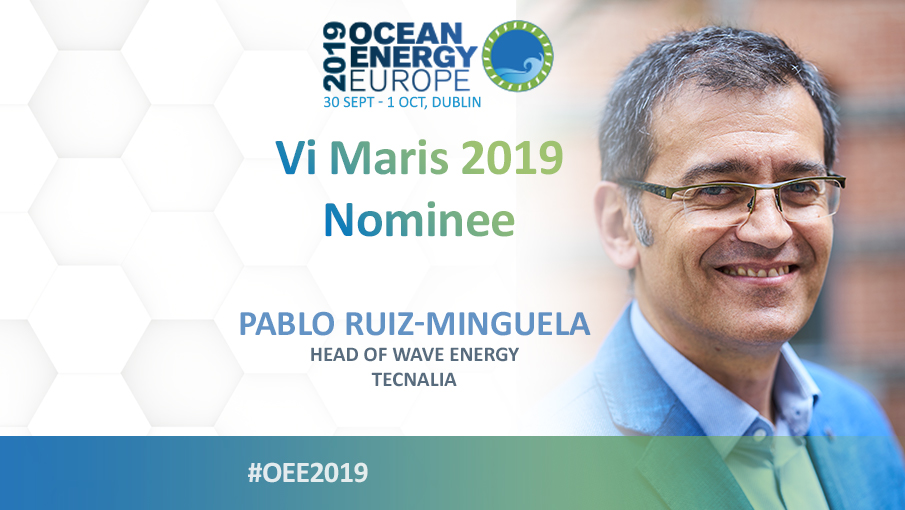
Pablo Ruiz-Minguela
Pablo’s commitment and in particular relentless attention to detail ensured the successful completion of the Horizon2020 ‘OPERA project’ in Summer 2019.
The OPERA project is a great example of an innovative European ocean energy project which successfully delivered on its objectives. Importantly, the project was very well communicated – which will help the wider ocean energy sector secure further support in the future.
The 11-partner consortium deployed a grid-connected wave energy device at the BiMEP test site for 3 successive winters. Innovation was focused on reducing wave LCOE. A new mooring system was deployed, which can work for multiple devices and which had elastomeric tethers to reduce peak load. The device’s turbine was upgraded during the project, and was first tested onshore at the Mutriku plant.
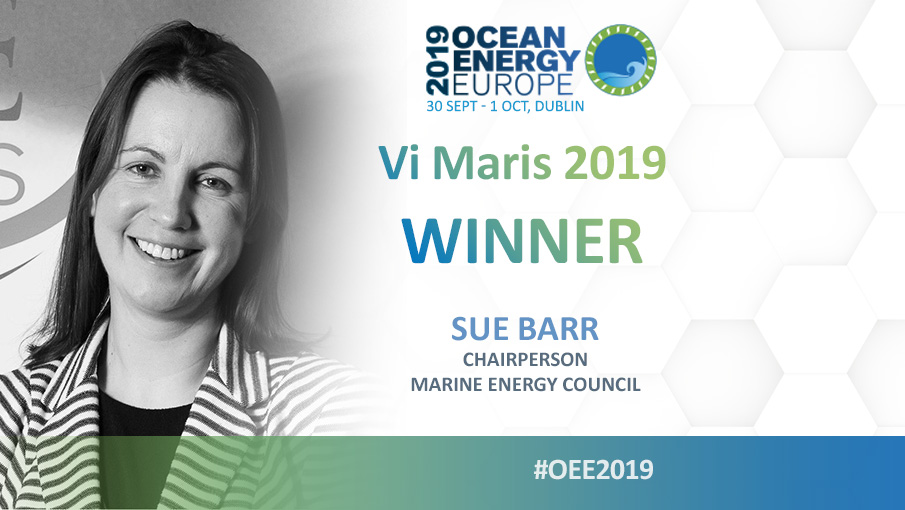
Sue Barr
Sue has been a driving force behind the establishment and actions of the Marine Energy Council (MEC). The MEC has done immense work to push the UK government to introduce revenue support. This is key not just for UK actors, but for all ocean energy players who wish to develop in what is one of Europe’s largest markets.
With national associations, MEC has met with the then-Energy Minister, coordinated a joint-letter from 91 Members of Parliament, and released a new economic blueprint for the sector. MEC devised and promoted the concept of ‘Innovative Power Purchase Agreements’ which was endorsed in a recent UK Parliament Committee report.
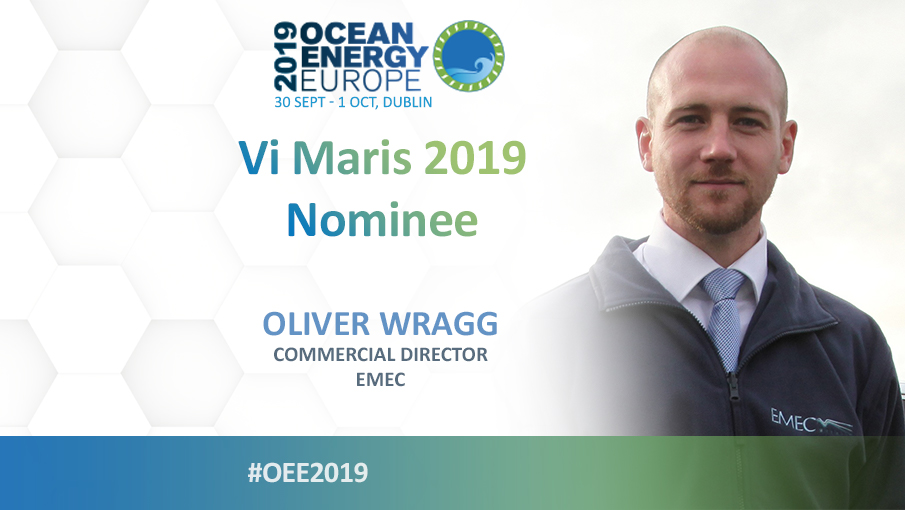
Oliver Wragg
Oliver has worked tirelessly to ensure that the sector takes full advantage of as many funding opportunities as is possible. Oliver and the team at EMEC have initiated and participated in an extensive array of international projects, which are key to the sector’s continued development.
Access to Europe’s test sites has been opened up by the FORESEA project, and this will continue thanks to the BlueGift and OceanDEMO projects, which were secured in the last year. EMEC has also secured and actioned projects that will help position ocean energy in the wider energy system – such as using ocean energy to produce hydrogen.
EMEC has also done much to raise and maintain the profile of the sector. EMEC regularly hosts visiting groups, and has facilitated documentaries on ocean energy by the BBC and Leonardo DiCaprio.
-
SEAI
Platinum Sponsor

-
Welsh Government
Gold Sponsor
